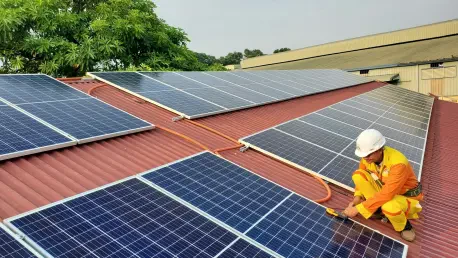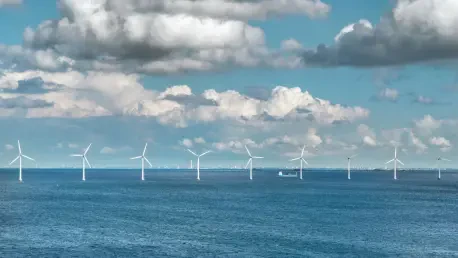
Kicking off with a striking fact, Sempra, a San Diego-based energy infrastructure titan, reported an adjusted third-quarter profit of $1.11 per share, shattering analyst expectations of 91 cents, a performance driven by aggressive grid expansion in Texas and strategic cost-cutting in California.

In an era where the urgency of combating climate change has never been more pronounced, JA Solar emerges as a beacon of hope and innovation within the photovoltaic (PV) industry, demonstrating that sustainable energy solutions can drive both environmental and commercial success. As a global leader

In a world increasingly driven by the urgent need to combat climate change, Saudi Arabia stands at the forefront of a remarkable transformation, shifting from its historic reliance on fossil fuels to a future powered by renewable energy. This ambitious journey is exemplified by a groundbreaking

Saudi Arabia is witnessing a profound transformation in its energy sector, with wind energy emerging as a cornerstone of this evolution under the ambitious framework of Vision 2030. This national strategy aims to generate 50% of the Kingdom’s electricity from renewable sources by 2030, setting a

Offshore wind energy stands as a vital pillar in the global push toward renewable energy, with projections estimating a dramatic rise in capacity from 63 gigawatts (GW) in recent years to nearly 494 GW by 2030. This remarkable growth offers a promising path to slashing greenhouse gas emissions and

In the heart of Virginia's energy landscape, Dominion Energy stands as a pivotal force, serving millions of customers while spearheading one of the most ambitious renewable energy projects in the United States. The Coastal Virginia Offshore Wind project, with its staggering 2.6 GW capacity, has